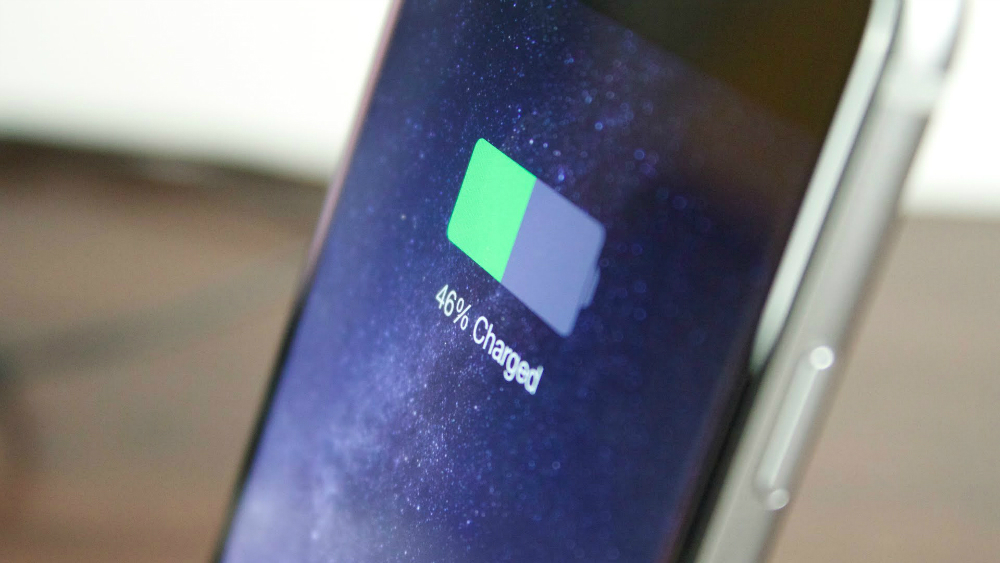Every year smartphone owners beg companies to build phones with better batteries and every year these companies only give us lighter and thinner devices that still deliver mediocre battery life. Will this ever chance? If a fuel-cell developer called Intelligent Energy has any say, we could have smartphones whose batteries last up to a week within the next two years.
DON’T MISS: The world’s largest solar plant will soon deliver enough power for over 1 million homes
For a while now, Intelligent Energy has been working on a new type of smartphone battery that runs on hydrogen and can purportedly last a week per charge. The battery converts hydrogen to electricity and creates water vapor as a byproduct, which is why prototype phones that have been built with the battery have tiny vents on the back to let the vapor escape.
Intelligent Energy CEO Henri Winand tells Bloomberg that if all goes according to plan, a smartphone that uses the technology could hit the market by 2018.
“The killer app is a battery with a seven-day refresh life and we think that will appeal to everyone,” he explains. “It’s not just for intrepid explorers.”
This past summer, Intelligent Energy revealed that it had modified an iPhone 6 to be compatible with its new battery technology, which has fueled rumors that it’s working with Apple to deliver the world’s first flagship smartphone with a seven-day battery. If that’s truly the case then we can expect the 2018 iPhone 8 to be a gigantic seller, although we’re getting way, way ahead of ourselves with that kind of speculation…










